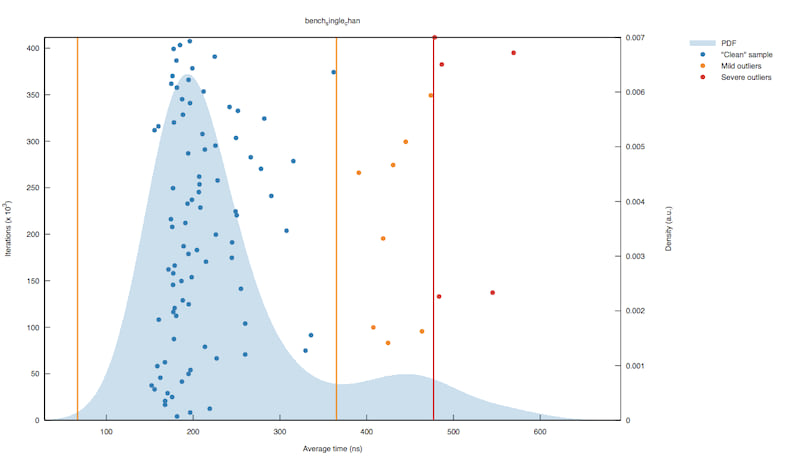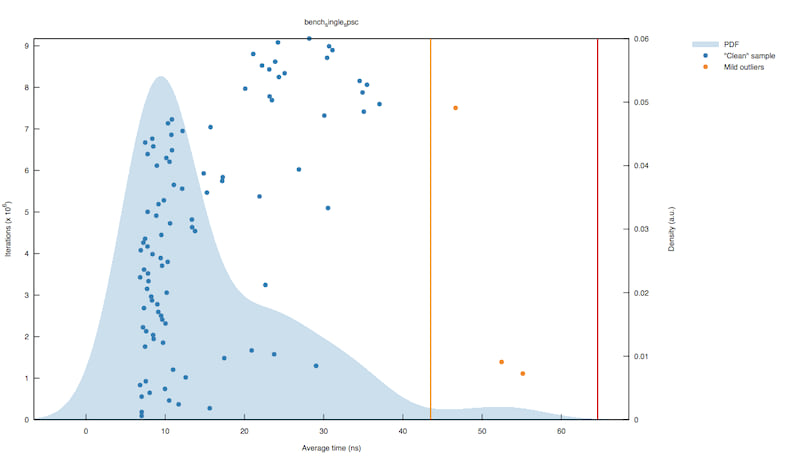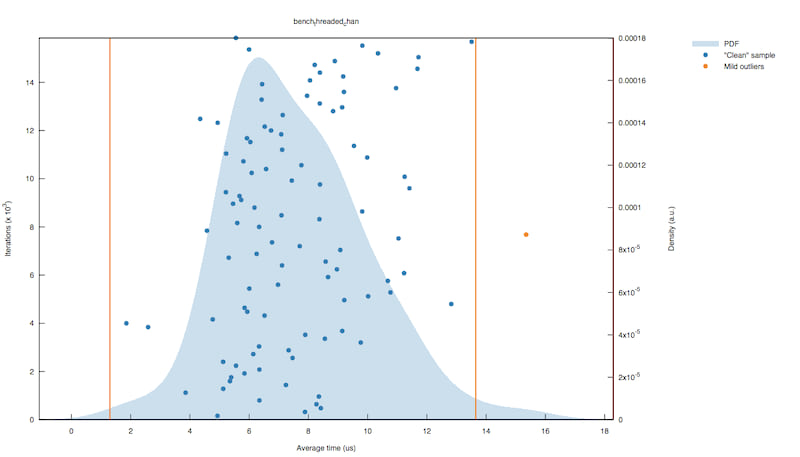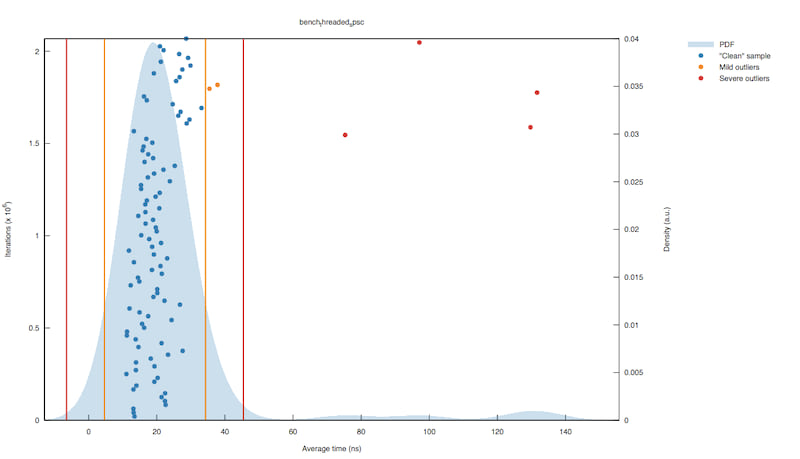2 releases
Uses old Rust 2015
| 0.2.1 | Jul 11, 2017 |
|---|---|
| 0.2.0 | Jan 6, 2017 |
#2507 in Data structures
255KB
436 lines
Bounded SPSC Queue
This crate provides a very simple bounded, Single-producer Single-consumer (SPSC) queue for Rust. It provides a data structure for two threads to communicate in one direction with minimal overhead and bounded semantics.
Compared to a sync_channel, this queue provides a small but consistent
speedup. sync_channel utilizes an unbounded linked-list data structure under the covers,
while bounded_spsc_queue is a simple ring buffer with single, solid block of allocated
memory. The solid block of memory allows better cache pre-fetching due to less pointer
indirection, and generally simpler operations to achieve a bounded SPSC queue.
Documentation
Documentation can be found here
Example
use std::thread;
use bounded_spsc_queue::{Producer, Consumer};
// Initialize a queue with capacity of 500 values
let (p, c) = bounded_spsc_queue::make(500);
// Spawn a new thread and move the Producer into it
thread::spawn(move|| {
for i in 0..100000 {
p.push(i);
}
});
// Back in the first thread, start pop'ing values off the queue
for i in 0..100000 {
let t = c.pop();
assert!(t == i);
}
Semi-scientific Benchmarks
On my Macbook Air (dual-core 1.7 GHz Intel Core i7), sync_channel can perform
single threaded send()/recv() paired operations in ~200ns.

spsc performs the same test in ~10ns.

A more realistic, although harder test to accurately benchmark, is threaded performance. This test spins up a "listener" thread which attempts to drain the queue as fast as possible. It must intermittently check an Atomic flag to determine if the test is over, which unfortunately will impact the benchmark results. To help alleviate the impact, the listener will only check every 500 iterations.
In the original thread, the bencher attempts to push data onto the queue. This is where timing can get flaky: if the listener is not draining fast enough, the producer may stall while waiting for the queue to free a spot. This test should not be viewed as a latency test, but more as a throughput test since it is really testing both producer and consumer performance in conjunction.
sync_channel scores ~6μs on this test:

While spsc scores ~20ns:

A second set of benchmarks look at the inverse (secondary thread pushes onto the queue continuously, while the main thread pops data off). The timings are very similar.
Put another way:
- SPSC performs ~50m push operations per second
- Sync Channel performs ~170k operations per second